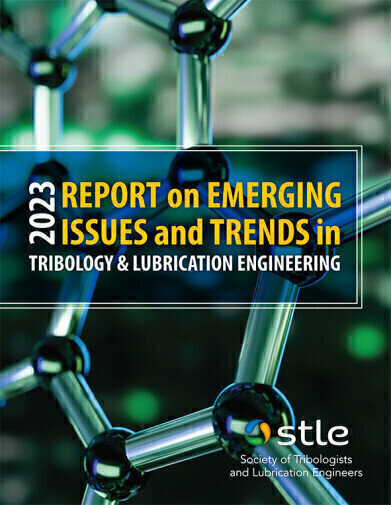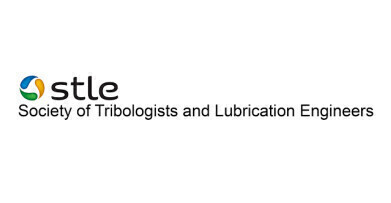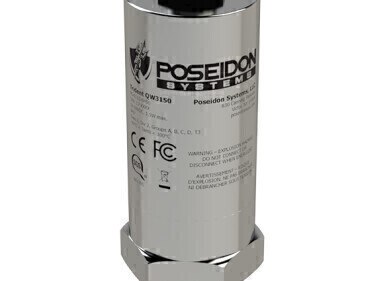Lubricant analysis
STLE releases report identifying top trends in tribology and lubricants
Aug 16 2023
The Society of Tribologists and Lubrication Engineers (STLE) have announced the release of its 2023 Report on Emerging Issues and Trends in Tribology and Lubrication Engineering.
The key conclusion from the 56-page report is that the application of existing and novel tribology approaches has the potential to significantly reduce greenhouse gas emissions and, consequently, play a prominent role in helping organizations implement sustainability practices and achieve climate change mitigation goals.
This report represents the fourth instalment of an interdisciplinary research effort that began with the initial report in 2014 to update STLE membership and the tribology field every three years.
Report topics and highlights are classified into the following six key categories.
- Supply Chain Issues: Challenges remain for sourcing raw materials and supplying finished materials, including lubricants, to end users. Sustainability has become a central and critical factor for organizations researching, developing and using lubricants that seek to reduce their carbon footprints.
- Sustainability: The importance of sustainability has accelerated exponentially over the past three years. This increasing trend underscores the need for tribology as a pathway for improving efficiency and productivity and reducing emissions and energy use.
- Electrification: This term encompasses the growing use of energy sources (including sustainable ones such as solar and wind energy) in not just transportation but also in applications such as data centers and emerging technologies such as cryptocurrencies.
- Manufacturing: The aggregation of data, connectivity, automation, artificial intelligence, and machine learning is facilitating the resolution of tribology-focused challenges. For example, combining tribology and sustainability into manufacturing plant reliability programs is gaining attention and leading to improvements in efficiency.
- Medical & Health: Tribology’s role in these areas, particularly medical implants, is leading to improvements in medical and quality-of-life outcomes.
- Government Regulation: Topics covered include regulations issued by multiple governments or regions impacting lubricants and regulation of specific raw materials that are affecting their use in lubricants, such as PFAS.
The 2023 Emerging Issues and Trends in Tribology and Lubrication Engineering report was prepared by Dr. Neil Canter, FSTLE, CMFS Chemical Solutions, Willow Grove, Pennsylvania in collaboration with the STLE Advance Innovation Team and with input from more than 20 industry experts. Canter says, “The findings from this report indicate that individuals who are tribologists or are considering a career in tribology will have major opportunities to use their skills to make a difference in meeting challenges that will promote the growth of sustainable practices.”
Digital Edition
PIN 25.6 Buyers' Guide
January 2025
Buyers' Guide Directory - Product Listings by Category - Suppliers Listings (A-Z) Articles Analytical Instrumentation - ASTM D7042: The Quantum Leap in Viscosity Testing Technology -...
View all digital editions
Events
SPE Hydraulic Fracturing Technology Conference and Exhibition
Feb 04 2025 The Woodlands, TX, USA
Feb 05 2025 Guangzhou, China
Trinidad and Tobago Energy Conference 2025
Feb 10 2025 Point Lisas, Trinidad
Feb 11 2025 Lagos, Nigeria
Feb 13 2025 Manama, Bahrain




















